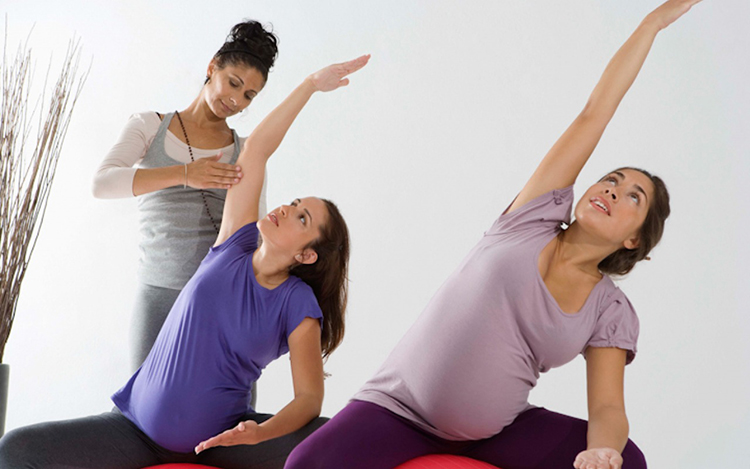
One of the most beautiful experiences a woman can have is that of being pregnant. However, a first-time pregnancy often brings with it a lot of uncertainty and hesitancy. To ease this pressure, I decided to share my experience of pregnancy and how I overcame the uncertainties and other challenges.
Ideally, a woman should enjoy her pregnancy, indulging herself without being overly concerned with the weighing scale. I understand that the body undergoes several changes during this period, which can create mental and physical stress. Hormonal changes also occur, with one of the major hormones, RELAXIN, causing joint to become hypermobile and increasing ligament laxity, which can lead to pain and inflammation.
How Do We Balance This Situation with Recommendations for Pregnancy?
Just two words – Prenatal Exercises
Yes, you heard it right!
A sensible workout plan and willpower during pregnancy were key for me. Being open to maintaining self-control and moderation with indulging truly made all the difference.
It is recommended that women who have normal, healthy pregnancy should get 30 minutes of exercise on most days of the week (at least 5 days).
Let’s take a look at how these exercises help during pregnancy:
- Reduces aches and pains during pregnancy
- Improves stamina and provides more energy to cope with the growing demands of pregnancy
- Improves posture and sleeping patterns
- Helps in more controlled weight gain
- Increases the chance of a normal delivery
- Enhances psychological well-being
- Increases circulation, thereby reducing swelling and edema
- Reduces the risk of gestational diabetes and pregnancy-induced hypertension
Keep these tips in mind while exercising:
- Always warm up before exercising, and cool down afterward
- Avoid any strenuous exercise in hot weather
- Drink plenty of water and other fluids
- If you attend exercise classes, make sure your instructor is properly qualified and knows that you’re pregnant including how many weeks pregnant you are
- Swimming is a good cardio exercise as the water supports your increased weight, but it should be done under the supervision of a professional trainer.
If you’ve never worked out before, start slowly. Listen to your body and proceed accordingly. There’s no point in rushing and risking injury. Additionally, there are certain situations in which you should stop exercising immediately:
- Excessive shortness of breath
- Chest pain or palpitations
- Pre-syncope or dizziness
- Painful uterine contractions or preterm labour
- Leakage of amniotic fluid
- Vaginal bleeding
- Excessive fatigue
- Abdominal pain, particularly in back or pubic area
- Reduced fetal movement.
I hope this blog encourages you to maintain or increase your fitness level during pregnancy. I’ll be sharing my workout routine in my next blog for you to use as a reference or adopt if you feel so inclined. Until then, stay tuned, and feel free to comment if you have any questions and don’t forget to share it with someone who may need it. You can find more articles on Women’s Health here. You can also use the Women’s Care feature in the GOQii App to track your menstrual cycles, pregnancy and more. Download the app now.
#BeTheForce
Disclaimer: The information provided in this blog is for general awareness and educational purposes only. It is not intended to replace professional medical advice, diagnosis, or treatment. Always consult a qualified healthcare provider for personalised medical guidance or concerns related to your health.




Well written apurwa
very informative apurwa
Nicely written apu.